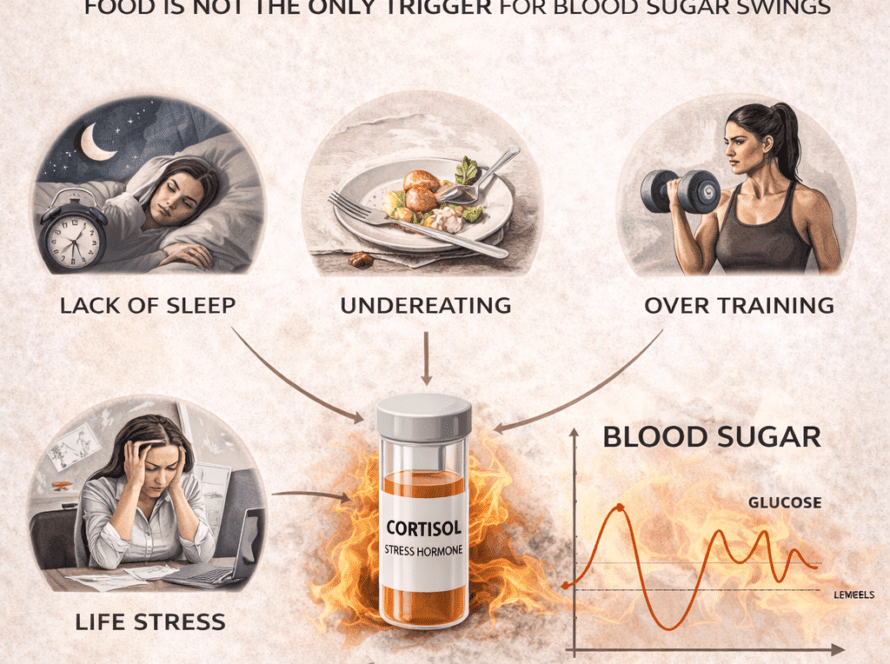Foodborne illnesses are a significant issue for businesses across the UK, with serious implications for both public health and the economy. According to recent estimates, around 2.4 million cases of foodborne illness occur annually in the UK, leading to 16,300 hospital admissions and over 180 reported deaths each year. But the impact goes beyond just the healthcare system — it also has a massive financial burden on businesses. In fact, the total societal cost of foodborne diseases was pegged at a staggering £9 billion in 2018, a figure which includes both direct costs, like medical expenses, and indirect ones, such as lost productivity due to employee absences.
These numbers highlight a clear issue: UK businesses lose a significant amount of money every year due to employee sickness resulting from food-related health issues. While the data speaks for itself, it begs the question — why isn’t more being done to prevent these illnesses in the first place? Is it possible that we’re not taking food safety and employee health seriously enough, especially when the costs of sickness and lost productivity are so high?
One of the most fascinating examples of preventative health strategies comes from Japan, where the government has taken a very proactive approach to public health and employee wellness. In Japan, employees are weighed and measured every morning as part of the “Metabo” law, which is designed to reduce the number of people with metabolic syndrome. This approach has created a culture of health that has dramatically reduced obesity rates, and outside of Sumo wrestlers, there are very few overweight people in Japan.
Is this level of strictness too much for the UK to adopt, or is it the way to go? In light of the ongoing impact of foodborne illnesses and their costs to businesses, could a more health-conscious approach in the workplace be the solution? Many might be quick to criticize Japan for being too stringent in their methods, but if we examine the results, it’s clear that such practices may not be as extreme as they seem — they could, in fact, offer a template for the UK to follow.
In the UK, where foodborne illnesses are a frequent occurrence, businesses are left with no choice but to deal with the aftermath. According to estimates, these illnesses cost businesses millions each year in terms of sick leave, reduced productivity, and health insurance claims. With an increasing number of employees suffering from foodborne diseases, many businesses could benefit from investing in preventive health measures that target food safety, nutrition, and overall employee wellness.
The Case for Employer-Led Health Schemes
Introducing a comprehensive health scheme within businesses could make a real difference in addressing this issue. Instead of waiting for employees to fall ill and suffer from the consequences, why not implement strategies that actively promote health and prevent illness in the first place?
One effective approach could involve employee wellness programs that provide regular checkups, dietary advice, and functional health tests to help employees stay on top of their health. At Blue Zone Nutrition, we offer a range of functional tests that can help identify potential risks for foodborne illnesses and other health issues before they become problems. These tests not only provide valuable insights into an employee’s health but also create a culture of prevention, where employees are encouraged to take care of their bodies and avoid costly sickness absences.
Moreover, these wellness programs could even include incentives or bonuses to encourage participation. For example, employees who meet certain health benchmarks — such as maintaining a healthy weight or passing specific health tests — could be rewarded with bonuses or other perks. This would create a win-win situation: employees improve their health, businesses save money on sick leave and healthcare costs, and employees feel valued and supported in their wellness journey.
It’s essential to recognize that businesses are already spending money on employee health, whether through insurance premiums or covering sick leave. Why not shift the focus towards prevention rather than treatment? After all, it’s far more cost-effective to stop an illness from occurring than to deal with the fallout once it has already taken hold.
Is Prevention Better Than Cure?
The argument for preventive health schemes is straightforward: healthier employees lead to lower absenteeism, improved productivity, and a happier, more engaged workforce. Instead of waiting for an illness to take hold, employers can take proactive steps to ensure their staff remains healthy, both physically and mentally.
The approach might seem radical to some, but Japan’s success suggests that a strict focus on health and wellness can lead to significant improvements in public health and business performance. The UK may need to follow suit by investing more in preventive health measures, not just for the good of their employees but for the financial health of their businesses.
At Blue Zone Nutrition, we understand the value of a proactive approach. Our personalized nutrition and functional tests are designed to help individuals optimize their health and reduce the risk of foodborne illnesses and other health issues. Employers, it’s time to take the next step in your employee wellness programs. By investing in prevention, you can save money, improve productivity, and create a healthier, happier workplace.
Get in touch with us today to learn more about how personalized nutrition can help your business thrive — because a healthy employee is a productive employee.



